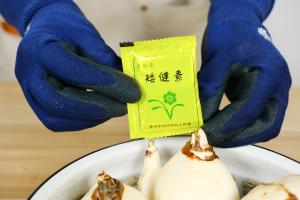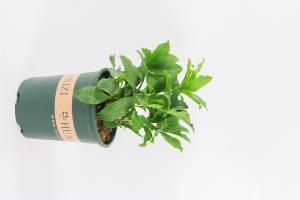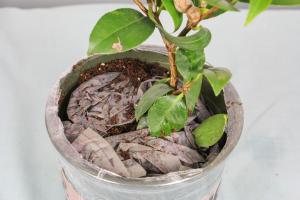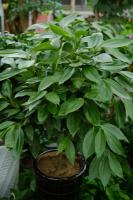Introduction
The quality of water we use to water our houseplants is a vital factor in determining their overall health and growth. Most of us use tap water to water our plants which contains chemicals and minerals that may be harmful or at least not good for our plants. In this article, we will explore whether it is bad to water plants with tap water or not.
Tap Water Composition
Tap water contains various minerals like calcium, magnesium, sodium, and chlorine which are added to the water at the water treatment plant. Chlorine is added to prevent the growth of bacteria in the water. These minerals and chemicals can have a detrimental effect on your plants if they are present in high concentrations.
The Effect of Minerals on Plants
Minerals like calcium and magnesium are good for plants, but their excess can cause harm. When these minerals are present in high concentrations in the soil, they can cause a pH imbalance. An imbalanced pH level can lead to nutrient deficiency or toxicity, which can affect the growth of your plants adversely. So, using tap water containing a high concentration of minerals can be harmful to your plants.
The Effect of Chlorine on Plants
Chlorine is commonly used to disinfect the water at the water treatment plant. Although it is an effective disinfectant, it can have adverse effects on the growth of your plants if it is present in high concentrations. Chlorine can kill beneficial bacteria and fungi in the soil, which are necessary for plants' healthy growth. It can also cause dehydration in the soil and roots of the plants, leading to stunted growth and poor flowering.
How to Determine Tap Water Quality?
To determine the tap water quality, you can use a chemical test kit that you can purchase online or from your local garden center. The test kit will help you measure the tap water's pH levels, the concentration of minerals and chlorine present in it. If the results show that the tap water is of poor quality, you can consider using filtered or distilled water to protect and enhance the growth of your plants.
Alternatives to Tap Water
Filtered water, distilled water or rainwater are better choices for watering your houseplants as they do not contain minerals and chlorine that can be harmful to your plants. If you decide to use filtered or distilled water, be sure to add some essential nutrients and minerals back to the soil to support the growth of your plants.
Conclusion
In conclusion, tap water may not be suitable for watering your houseplants as it contains minerals and chemicals that can have detrimental effects on their growth. If you have no other choice but to use tap water, let the water sit for a few hours to allow the chlorine to evaporate, and the minerals to settle before watering your plants with it. However, using alternatives like filtered, distilled, or rainwater is a wise choice as they support healthy plant growth.

 how many times do yo...
how many times do yo... how many planted tre...
how many planted tre... how many pine trees ...
how many pine trees ... how many pecan trees...
how many pecan trees... how many plants comp...
how many plants comp... how many plants can ...
how many plants can ... how many plants and ...
how many plants and ... how many pepper plan...
how many pepper plan...
































